Homesteads aren’t infinite in size for most of us. That means making the most of our land to build more self-sufficiency is imperative.
That’s why knowing what trees to plant on your homestead to make the most of your land is so important. They aren’t annual crops like your garden, so a bad choice becomes a long term problem and isn’t fixed in a season.
As homesteaders, trees are sources of a few important things: food, firewood, shade, and holistic medicines. If a tree can have multiple uses on the homestead, it’s even better.
It can be hard to make a decision on what trees to plant on the homestead, so we put together this list of 10 best trees for you.
Related: The One Tree That Every Homesteader Should Plant
Walnut Tree
Walnut trees offer multiple uses. First, the walnut is more healthy than most other nuts, due to its favorable fatty acid profile of having more Omega 3s than other nuts.
The shells are an effective mulch and the wood is used for carving and furniture. The tree is also a good source of firewood.
They have a deep taproot and require less water than other popular nut trees like almonds.
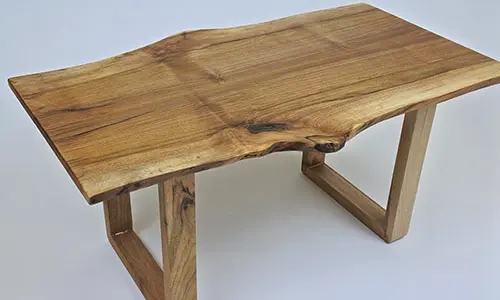
Oak Tree
Oaks are practically designed for the homestead! The wood is great for building and burning, the nuts offer food for the home and livestock, and other parts, like the galls, are usable as herbal medicine.
Acorns and pigs are like two peas in a pod. Planting an oak forest when you keep pigs will create a free source of awesome food for your pigs each season, along with giving them plenty of shade.
The oak galls have treated mouth issues like toothaches, eye infections, stomach pains, and skin ailments and rashes.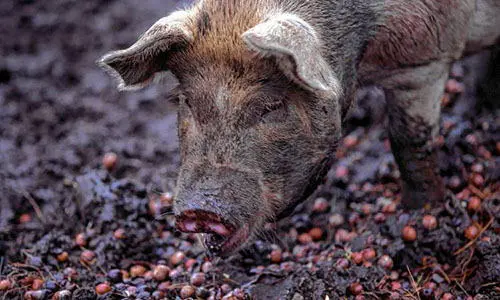
Citrus Tree
While the orange is the first one to come to mind, any fruit-bearing citrus variety is a good choice for the homestead. While most other trees go dormant in winter, the citrus varieties will be producing fruits full of Vitamin C.
Since winter is the time when cold and flu rates go up, boosting your immune system with Vitamin C growing on your citrus tree is a great idea.
Orange peels can also be pressed for essential oils. They can enhance your mood and possess anti-microbial properties, not to mention a great natural scent.
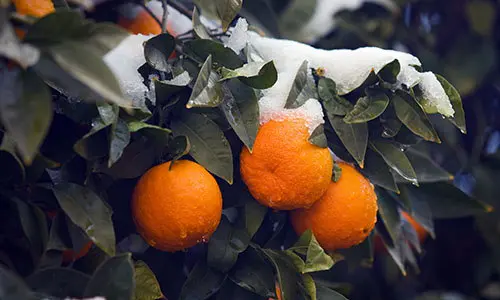
Basswood Tree
The Basswood is a great softwood tree for your homestead for its many uses.
The leaves can be eaten like salad greens. The seeds can be eaten and taste like chocolate or coffee. Immature seeds are more like chocolate whole the mature seeds can replace coffee beans.
The inner bark fibers are great for making nets, ropes, baskets, and other softwood projects.
One thing to note is that this tree does require a lot of water to grow optimally. Either put it near a natural water source or be prepared to irrigate regularly.
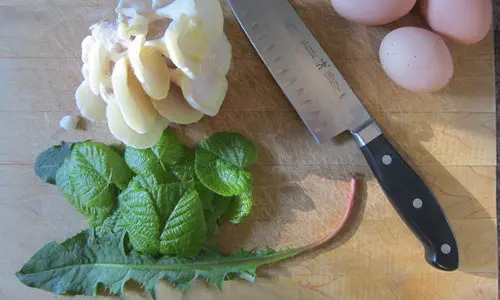
Moringa Tree
This is one of the few trees that provide a multitude of health benefits. Moringa tree a rich source of vitamins and minerals, can help balance hormone levels, and reduce chronic inflammation. It can even reduce the risk of certain cancers. It can also help regulate blood sugar and enhance brain health. Some of the most common methods to be used are as oil, in soup, or tea.
It’s not a huge source of food or wood, but it is essentially a health supplement that you can grow organically on the homestead.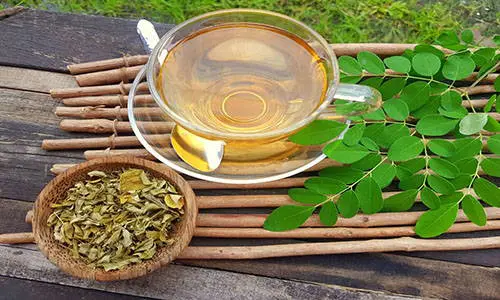
Mulberry Tree
Mulberries are abundant when they are in season and can be eaten by the family, chickens, pigs, etc.
One of the best properties is its hardy nature. They can grow back from suckers and can even be propagated from cuttings. You can establish a large mulberry grove relatively quickly. Making your homestead more productive in a quicker time is doable with mulberries.
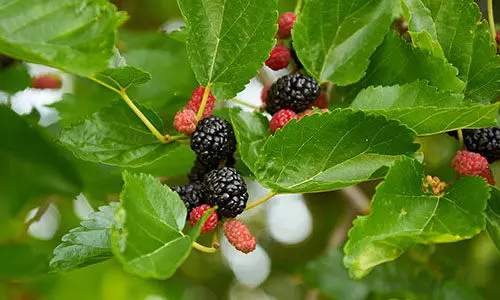
Eucalyptus Tree
The eucalyptus tree produces more biomass than any other tree. They are also one of the fastest-growing trees you can get for your homestead. The wood can be used for firewood or chipped for mulch.
One thing to keep in mind is that it contains chemicals that can kill other plants. This can be used to de-weed any area. Or, even better the mulch is a great growing medium for mushrooms!
The leaves are poisonous to consume for many animals and humans. However, extracts are great for anti-microbial and anti-bacterial properties.
You can make extracts for use as mosquito and flea repellent, to keep your family, pets, and livestock pest-free.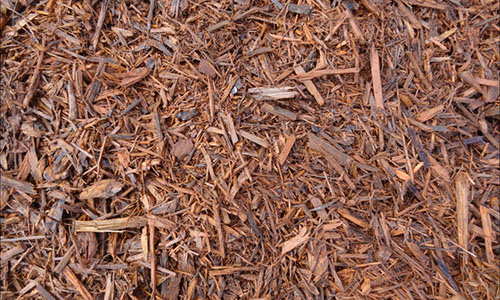
Willow Tree
The Willow tree will grow back from suckers, so it can be cut back year after year for use as firewood or chipped as mulch.
Perhaps the best use of the Willow tree is the salicin content found in willow bark. It is similar to aspirin and can be used as a natural pain-reliever, something not commonly produced on the homestead.
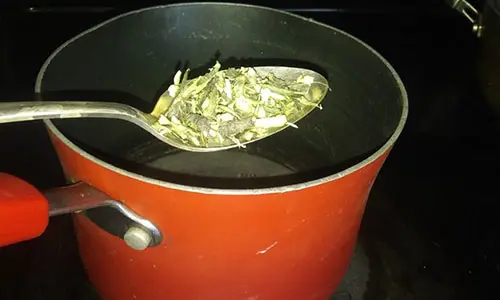
Tea Tree
The Tea tree is used to produce tea tree oil, which is a great anti-microbial extract that can be used for many things. It’s most beneficial for skin and hair health and can treat dry skin, dandruff, and kill fungus growth.
Since it’s anti-bacterial and anti-septic, it’s great for treating minor wounds as well.
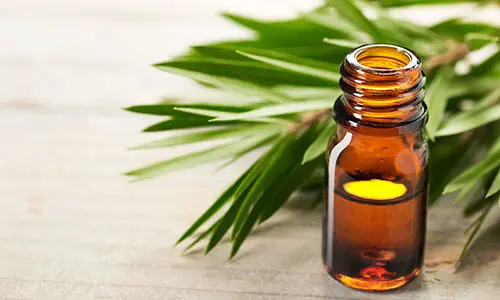
Maple Tree
Maple trees are best utilized for syrup. Tapping trees is easy enough once the tree is mature and it can produce gallons of syrup over the lifetime of a tree, season after season.
The wood is also suitable for furniture and firewood as well. Not to mention it’s a great shade tree and grows quickly.
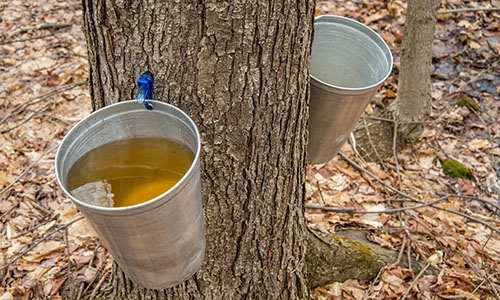
Trees belong on your homestead!
These 10 trees would be great on any homestead that can support them.
Taking stock on what you need from your land and what you can grow in your climate without too much external input, will narrow down the list of trees to these 10 best trees for your individual homestead!
You may also like:
 How To Heat Your Home Without Electricity
How To Heat Your Home Without Electricity
The World’s Largest Collection Of Wood Plans (Video)
The Ultimate Guide To Composting

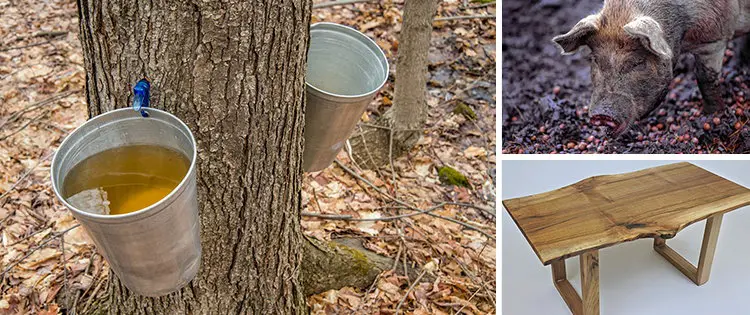









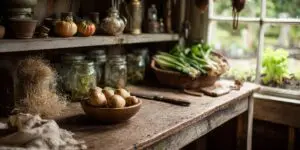
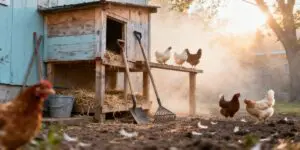

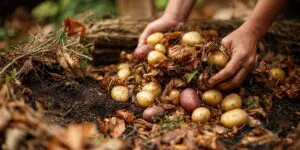
Ok I’ve